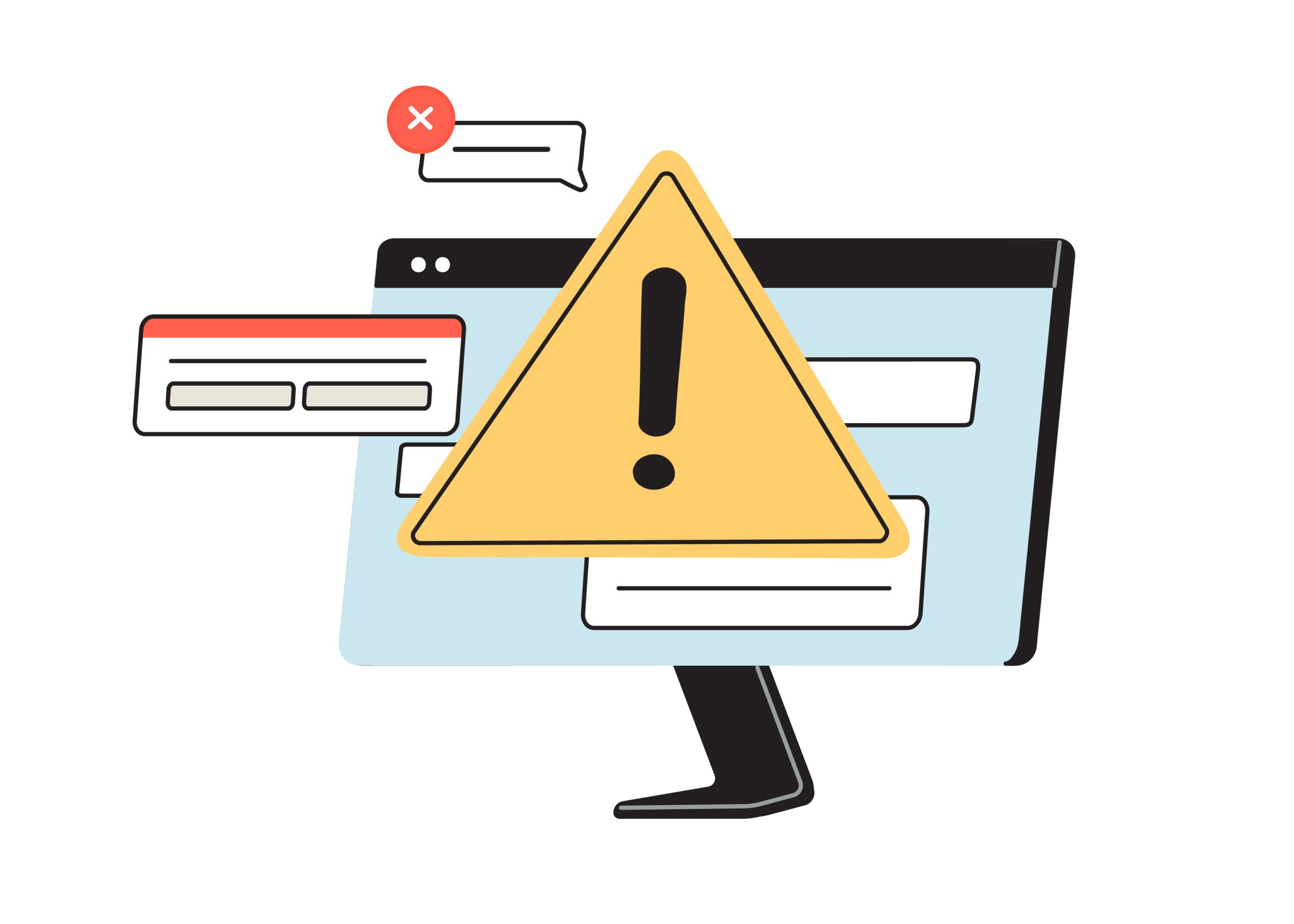Internet Privacy Laws Around the World: A Comparison

The advent of the Internet has heightened concerns about the privacy and security of personal data, prompting governments globally to enact internet privacy laws. These regulations, varying significantly across regions, are designed to safeguard individuals’ right to privacy and control over their personal information. While approaches differ – from the comprehensive GDPR in the European Union to sector-specific laws in the United States, such as the CCPA in California – the core objective remains consistent: to ensure fair and transparent collection and processing of personal data. These laws not only prevent misuse of personal information but also hold organizations accountable for responsible data handling. Enforcement is carried out by regulatory bodies with the authority to penalize non-compliance, and in some cases, individuals can take legal action against privacy violations. Despite the differences, common elements in these laws include the need for consent in data collection, mandatory security measures to protect data, and serious consequences for non-compliance. In this digital era, individuals are encouraged to protect their online privacy through cautious information sharing and using tools like privacy settings and VPNs.
What Are Internet Privacy Laws & Why Are They Important?
Internet privacy laws are crucial regulations designed to manage how personal information is collected, used, and managed online, aiming to protect individual privacy. These laws differ across the globe, addressing key aspects like data protection, consent, and data transfer. Notable examples include the European Union’s General Data Protection Regulation (GDPR) and the California Consumer Privacy Act (CCPA) in the United States. The first internet privacy law, the Health Insurance Portability and Accountability Act (HIPAA) was established in the United States in 1996, focusing on the protection of health information. Such laws are fundamental in shielding personal data from unauthorized access, thereby preventing identity theft, financial fraud, and privacy invasions. They also build trust in online transactions and ensure the confidentiality of user data.
How Are Internet Privacy Laws Enforced?
- Legislation: Governments enact laws such as the GDPR in the EU and the CCPA in California to regulate data protection and enforce internet privacy.
- Regulatory Agencies: Organizations like the FTC in the US and the ICO in the UK enforce these laws by investigating and penalizing non-compliance with internet privacy regulations.
- Compliance Requirements: Businesses must adhere to specific privacy standards, implement data protection measures, and provide transparency to users to comply with internet privacy laws.
What Are the Differences in Internet Privacy Laws Around the World?
With the rise of the digital age, concerns about internet privacy have become a hot topic around the world. However, each country has its own set of laws and regulations in place to protect its citizens’ online data.
1. United States
In the country of the United States, internet privacy laws are enforced through various regulations, such as the Children’s Online Privacy Protection Act (COPPA) and the Health Insurance Portability and Accountability Act (HIPAA). These laws aim to protect individuals’ personal information and promote transparency in data collection practices. Entities operating within the US must adhere to these regulations to avoid legal consequences and uphold the confidence of their users and customers.
2. European Union
Understanding the General Data Protection Regulation (GDPR) of the European Union is crucial for comprehending your rights regarding personal data. It’s important to familiarize yourself with the lawful bases for processing personal data under GDPR, which include consent, performance of a contract, compliance with legal obligations, protection of vital interests, performance of tasks carried out in the public interest, and legitimate interests pursued by the data controller or a third party. If your activities involve large-scale systematic monitoring of individuals or large-scale processing of special categories of data, appointing a Data Protection Officer (DPO) is mandatory. This role is vital for ensuring compliance with GDPR requirements and for overseeing data protection strategies.
3. Canada
In Canada, internet privacy laws are enforced through the Personal Information Protection and Electronic Documents Act (PIPEDA), which governs the collection, use, and disclosure of personal information in the course of commercial activities. Under PIPEDA, organizations must obtain consent for the collection of personal data, and individuals have the right to access and challenge the accuracy of their information. Failure to comply with these laws can result in fines and legal action.
4. Australia
Australia’s internet privacy laws, under the Privacy Act 1988, regulate the handling of personal information. The Australian Privacy Principles (APPs) outline guidelines for collecting, using, and managing personal data. The Office of the Australian Information Commissioner oversees the enforcement of these laws, ensuring compliance. Organizations failing to adhere to these laws may face penalties, including fines and compensation for affected individuals.
To protect their privacy online, individuals in Australia can utilize VPNs, and strong passwords, and stay informed about their rights.
5. China
In China, internet privacy laws are governed by the Cybersecurity Law, Data Security Law, and Personal Information Protection Law. These laws regulate data collection, usage, and transfer, emphasizing informed consent and data localization.
6. Russia
Russia’s internet privacy laws are primarily governed by the Federal Law on Personal Data, which requires the storage and processing of personal data of Russian citizens within the country’s borders.
In 2014, the country passed a law requiring internet companies to store personal data of Russian citizens on servers located within Russia, intending to safeguard personal information and ensure compliance with Russian laws.
7. Brazil
Navigating internet privacy laws in Brazil requires a comprehensive understanding of the Lei Geral de Proteção de Dados (LGPD), the country’s data protection legislation. To ensure compliance, organizations operating within Brazil must adhere to specific regulations on data processing, storage, and transfer. Appointing a Data Protection Officer (DPO) is crucial to oversee and manage privacy practices. Implementing robust security measures is essential to protect personal data, along with obtaining explicit consent for data collection and processing by LGPD guidelines. Regularly reviewing and updating privacy policies is necessary to keep pace with evolving legislation and maintain transparency with users. Despite varying international laws, the consistent requirement across borders is the emphasis on strong data protection and the necessity of consent for data collection.
What Are the Similarities in Internet Privacy Laws Around the World?
While each country may have its own set of laws and regulations regarding internet privacy, some commonalities can be found among them.
Data Protection
- Understand the legal requirements for data protection in your region.
- Implement robust security measures to safeguard sensitive data.
- Regularly update and patch software to prevent vulnerabilities.
- Educate employees about data protection practices and compliance.
- Obtain explicit consent from individuals before collecting and processing their data.
- Regularly audit and review data protection measures to ensure compliance.
Consent for Data Collection
- Review Privacy Policies: Before using any online service, carefully read and understand the privacy policies to know how your data will be collected and used.
- Opt for Opt-in: Choose platforms that require your explicit consent before collecting any personal data, including consent for data collection.
- Adjust Privacy Settings: Regularly review and update privacy settings on social media and other online accounts to control the data you share.
- Use VPNs and Encrypted Sites: Browse through Virtual Private Networks (VPNs) and encrypted websites to protect your data from unauthorized access.
Security Measures
- Implementing encryption protocols is essential for securing data transmission.
- Regularly updating and patching software is crucial to fixing vulnerabilities.
- Enforcing strong authentication methods, such as two-factor authentication, adds an extra layer of security.
- Monitoring network traffic for any suspicious activities or unauthorized access is a vital security measure.
- Properly training employees on security best practices and potential threats is crucial for maintaining a secure network.
How Can Individuals Protect Their Privacy Online?
To safeguard your online privacy, it’s essential to use robust, unique passwords for each of your accounts, combining letters, numbers, and symbols to enhance security. Enabling two-factor authentication adds a layer of protection, making your accounts more secure. Regular updates to your software and applications are crucial in addressing security vulnerabilities. For further safety, especially when using public Wi-Fi networks, employ a Virtual Private Network (VPN) to protect your data. Lastly, exercise caution with the personal information you share on social media platforms, and restrict the public visibility of sensitive data to minimize potential risks to your privacy.





